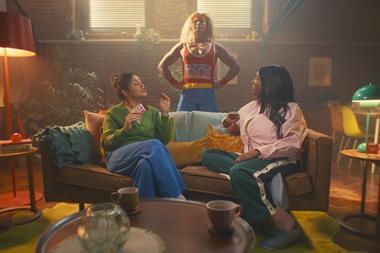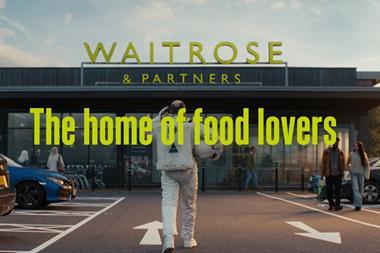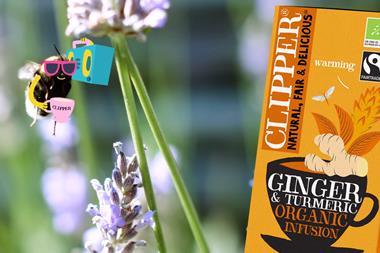Technology is flooding our lives with information while eroding our attention spans. So it’s no surprise that ‘brain rot’ was named the Oxford Dictionary’s word of the year in 2024, highlighting the mental and intellectual decline caused by overconsuming trivial digital content.
Successful food and drink brands will adapt to this new reality in three major ways. They will take more creative risks with their marketing to cut through the cacophony of digital noise, and focus on delivering more concise messaging on-pack. They will also innovate to meet consumers’ growing demand for calm and clarity.
Cutting through the noise
A great example of disruptive marketing is Oat Cult, which recently produced “the worst-testing cereal ad of all time” with its parody of cult pagan horror film The Wicker Man. Yet the result is a hugely memorable ad, with a funny and relevant message: that you can have overnight oats ‘without the sacrifice’.
Meanwhile, Mondelez regularly delights Oreos fans, once remaking the Game of Thrones opening credit sequence using the eponymous cookies.
Packaging also needs to become simpler to target information-overloaded consumers. The UK relaxation drink Trip communicates its benefits more through its calming pastel colours, approachable logo and name than an excess of nutritional information.
This, and Trip’s promise to deliver calm “amidst the everyday chaos”, has helped it quickly become one of the UK’s fastest-growing soft drink brands. Its success resonates with post-pandemic consumers, for whom prioritising mental health has become aspirational. Trip has also transformed CBD from counter-culture curiosity into a highly sought after ingredient for ‘the worried well’.
Mind & mood
This success highlights that consumers crave new products which support their mind and mood. Just as the go-getting 1980s gave rise to energy drinks, the 2020s could become known as the dawn of relaxation drinks.
Food brands can also capitalise. Mintel data reveals 53% of daily yoghurt drinkers in the UK are interested in products with calming benefits. US innovators are already proactive in targeting this space, with brands such as Nightfood, a ‘sleep-friendly’ ice cream.
Another UK launch which seeks to support the troubled modern mind is M&S’s Brain Food range. This resulted from its research showing ‘75% of people experience brain fog nine times a day’. Perhaps this explains the UK’s notoriously sluggish productivity?
There is also potential for functional products that support the UK’s ageing workforce. Such products are emerging in Japan, including Kaneka My Power Q10 Yoghurt Drink – designed to “enhance complex attention and information processing abilities”.
Let’s face it: in our cognitively demanding digital age, we could all do with some help from food and drink brands to stop the brain rot.
Jonny Forsyth, senior director of Mintel Food & Drink Research
























No comments yet